Wood stove is associated with my childhood - Photo: TRAN TUYEN
About three decades ago, in my coastal village, life was still full of hardship and deprivation. Food and clothing were still the worries of my grandparents and parents. However, my house never lacked... smoke. Smoke crept throughout the small kitchen, stuck to my mother's clothes, clung to my father's hair, and emanated from fires lit with burning branches of casuarina.
On cold days, my siblings and I went to the edge of the casuarina forest to rake leaves, collect branches, and dry casuarina seeds for my mother to light the fire. My childhood was filled with nameless tasks like that: helping my father chop firewood, using a machete to cut long logs, drying them in the sun, and then neatly stacking them behind the stove. Sometimes, all afternoon, I would bend over to follow my mother to collect dry casuarina branches covered in sand, then bring them in bundles to light the fire to cook dinner.
Dinner at my house was simple but full of the taste of the countryside. Grilled sea herring on a wood stove, sizzling with fat, fragrant throughout the neighborhood, accompanied by mixed vegetable soup, boiled sweet potato leaves, and homemade fish sauce made by my mother. White rice was sometimes mixed with sweet potatoes and cassava slices, but it was soft and fragrant because it was cooked in a clay pot on a wood stove. Each dish was imbued with a light smoky scent, as if the hometown was “marinated” in every piece of fish, grain of rice, and vegetable. That smoke not only cooked the food, but also cooked the mother’s heart, making the simple rice and soup a “delicacy” in memory.
Every time the stove caught fire and smoke rose, my mother would let me come close to warm my hands, then whisper as if reminding myself: “The smoke from the wood stove helps to expel moisture and warm the body. This smoke is not harmful, it helps to keep the yang energy in the body. People who eat the smoke and fire of their homeland, get used to the smell of the earth, are healthier, and have fewer illnesses, my child.” These seemingly simple things, I later understood, turned out to be folk knowledge. Women in my hometown, after a painful childbirth, had to lie on charcoal burned from casuarina trees to quickly regain their strength.
In Oriental medicine, people believe that yang energy is a source of vital energy that helps keep the body warm and regulate internal organs. On the contrary, yin energy - cold energy is the cause of illness, especially in the elderly, women and children. A stove using dry wood, leaves and tree bark will generate a natural hot air flow, repelling cold energy in the living space, helping the internal organs to function more effectively. That is why, in the old countryside, even though the houses are made of thatched roofs and earthen walls, people are still healthier, because they live close to nature, eat simple food and especially always have a stove. The stove is not only a place to cook, but also the center of vitality of the house. A family with kitchen smoke means there is activity and connection. The ancients taught "a cold stove, a cold house; a warm stove, peace of mind". That sentence is true to every word.
Then I grew up, passed the university entrance exam, and left my hometown. During the years of living in the city, eating industrial food, and staying in an air-conditioned room, there were days when I felt tired for no reason. I missed the smoke from the kitchen! Not because of the lack of delicious food, but because of the lack of warmth from childhood memories. Every time I returned to my hometown, I looked at the old kitchen. The smell of smoke was still the same, unchanged. Only I was different, taller, more understanding, and... loved my parents more. I added more firewood to the stove, letting the smoke rise, it stung my eyes a little, but it was so soothing.
In the city, people have started to return to the traditional wood stove as a lifestyle, called “retreat”, “organic lifestyle”. But for me, it is not a trend. It is a memory. A part of my childhood. It is the place where the so-called “me” of today was formed. Now, in my thirties, the age that Confucius called “tam thập nhi lập”, I am no longer the boy who raked leaves, chopped firewood, picked casuarina seeds, nor shivered by the winter fire. But the smell of smoke from the kitchen is still intact in me. It is the smell of my mother, of the countryside, of a childhood full of hardship and love.
And every time I see the blue smoke drifting over the roof of the street, I imagine the small kitchen of the past. Smoke is not just the heat of the fire. Smoke is memory. It is the evidence of a time, a life, a homeland.
Tran Tuyen
Source: https://baoquangtri.vn/khoi-vuong-mui-bep-193350.htm


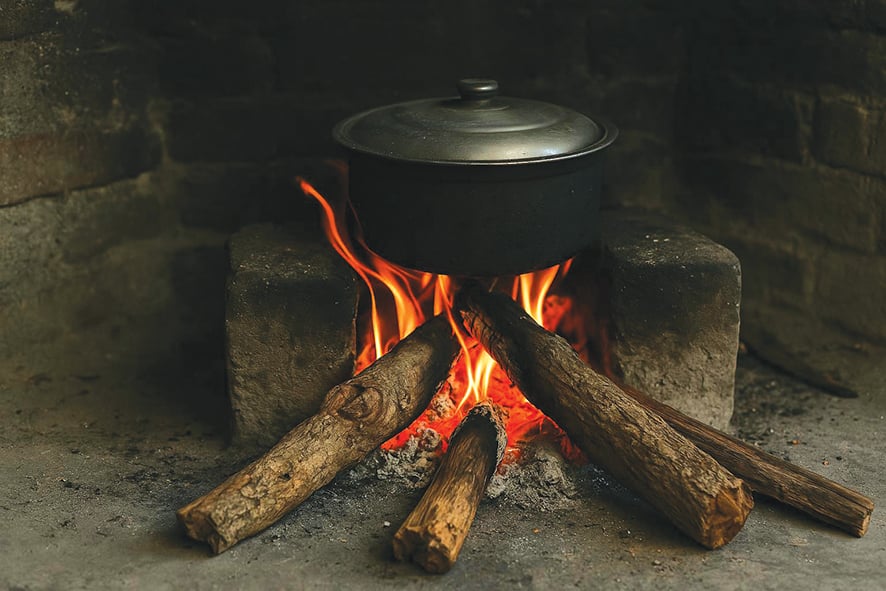
![[Photo] Vietnam shines at Paris International Fair 2025 with cultural and culinary colors](https://vphoto.vietnam.vn/thumb/1200x675/vietnam/resource/IMAGE/2025/5/4/74b16c2a197a42eb97597414009d4eb8)
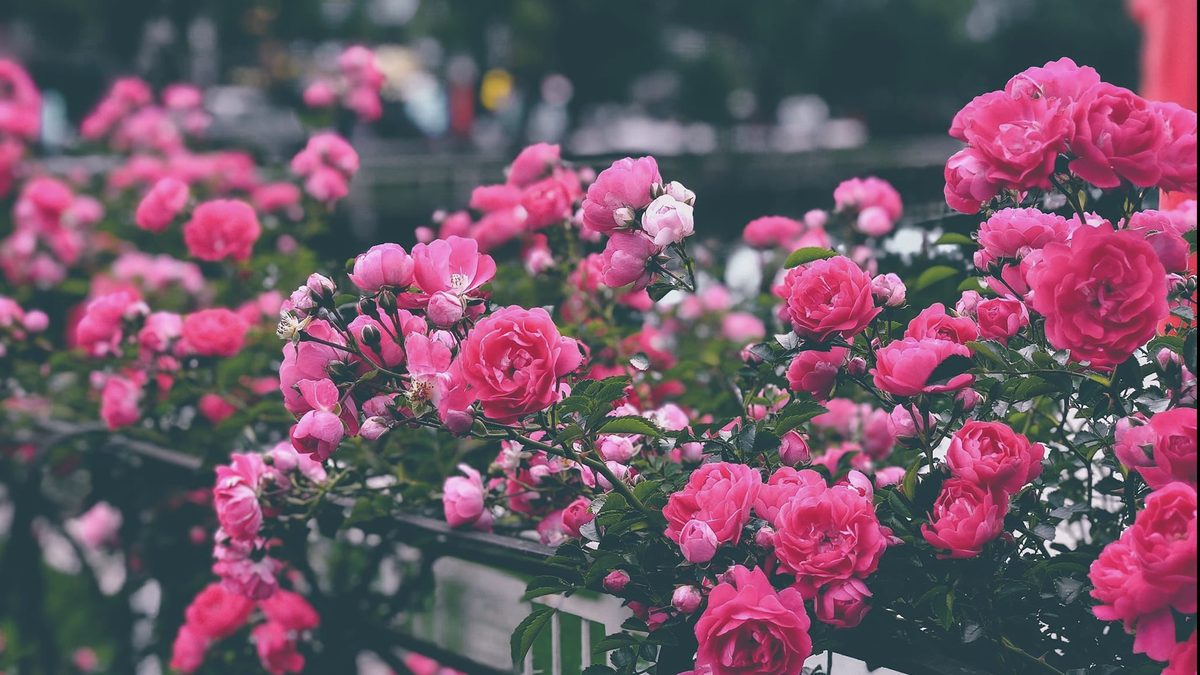


![[Photo] Bus station begins to get crowded welcoming people returning to the capital after 5 days of holiday](https://vphoto.vietnam.vn/thumb/1200x675/vietnam/resource/IMAGE/2025/5/4/c3b37b336a0a450a983a0b09188c2fe6)
![[Photo] General Secretary To Lam receives Sri Lankan President Anura Kumara Dissanayaka](https://vphoto.vietnam.vn/thumb/1200x675/vietnam/resource/IMAGE/2025/5/4/75feee4ea0c14825819a8b7ad25518d8)














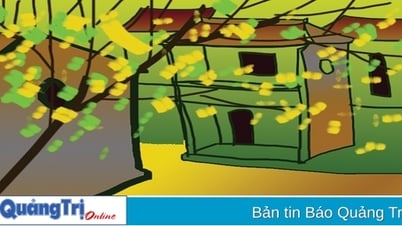



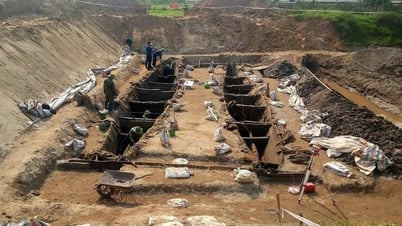

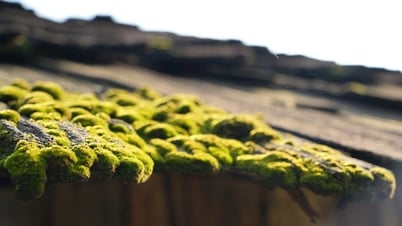





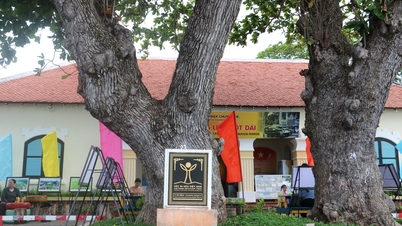

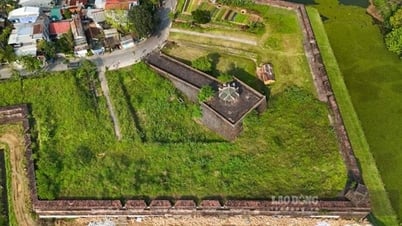






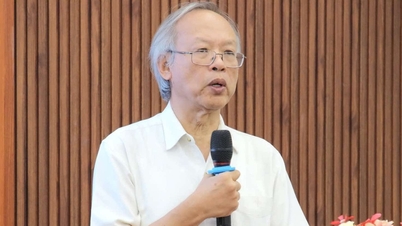

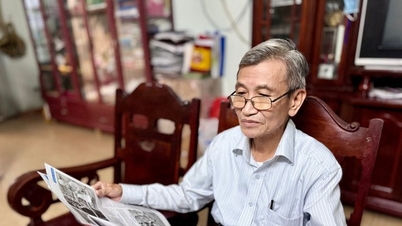
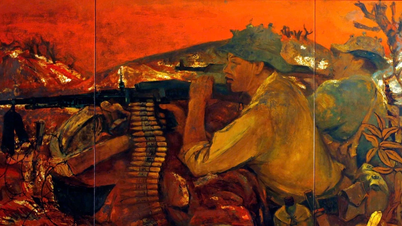

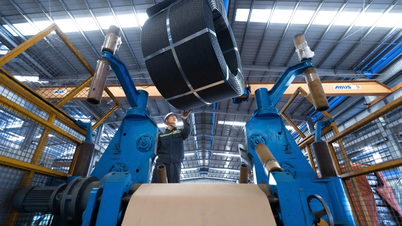






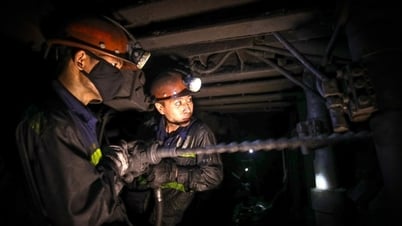













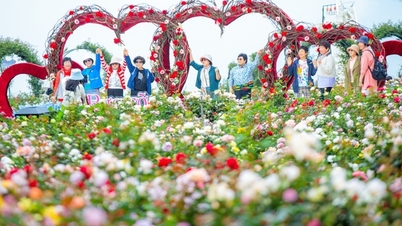

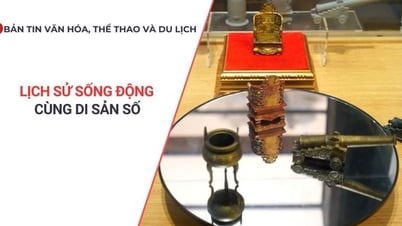















![[Video]. Building OCOP products based on local strengths](https://vphoto.vietnam.vn/thumb/402x226/vietnam/resource/IMAGE/2025/5/3/61677e8b3a364110b271e7b15ed91b3f)

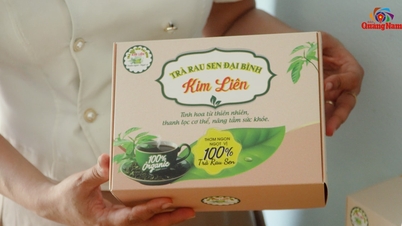


Comment (0)